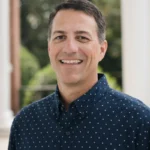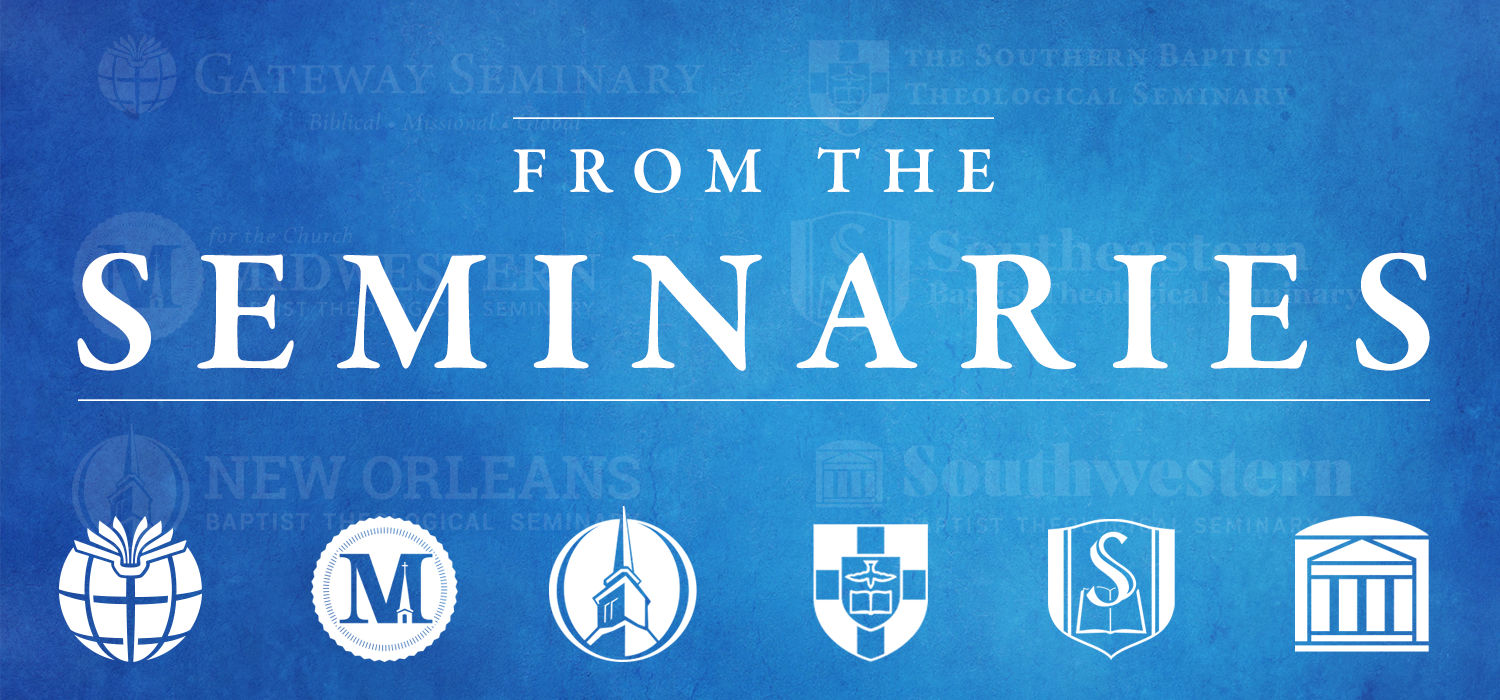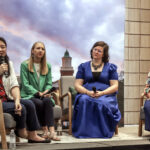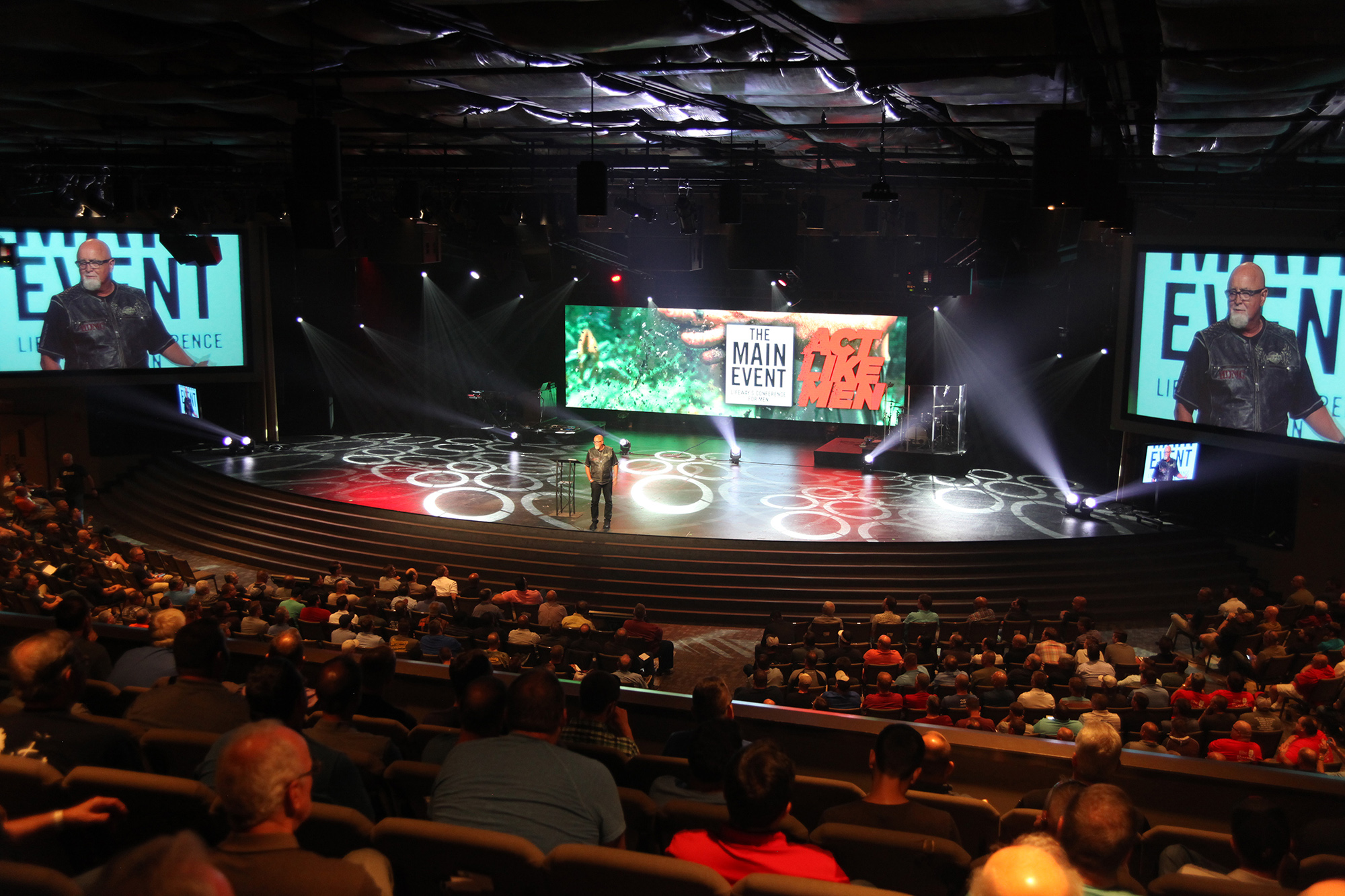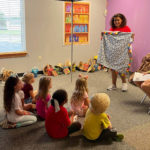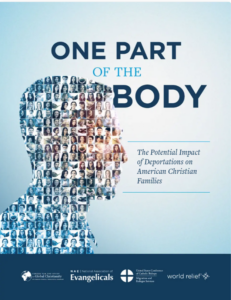
Lifeway Q&A with Stephen Kendrick
By Marissa Postell Sullivan/Lifeway
NASHVILLE (BP) – According to Lifeway Research’s Greatest Needs of Pastors study, nearly 2 in 3 pastors (63 percent) say disciple-making is an area they need to invest in developing to help them be better pastors. Of all the areas of skill development needs, disciple-making stands out above the rest. And discipleship is the heartbeat of the church.
In their latest movie, “The Forge,” Alex and Stephen Kendrick, the director-and-producer brother team behind movies like War Room, Courageous, and Overcomer, highlight the topics of mentorship and discipleship. The Kendricks hope this film inspires churches to invest in cultivating discipleship relationships that impact their congregations and communities. Here’s a look at a recent conversation with Stephen Kendrick on the role of discipleship in the church and how pastors can use “The Forge” and its discipleship resources to spark impactful discipleship in their churches.
Someone walks into a church for the first time and hears the word “discipleship” but has no idea what it means. How would you explain discipleship to them?
Stephen Kendrick: The word disciple means follower. It’s the idea of someone not just teaching from a distance but inviting someone close enough into their lives that they can see the example of what you’re teaching. Discipleship enables you to have a relationship with someone that hopefully is built upon God’s love. You can, like a spiritual parent to a spiritual child, answer their questions and understand their needs. You can be speaking to their needs, comforting them where they’re hurting, helping them heal where they’ve been broken, and leading them to God’s truth in every area of their lives.
Jesus did not just preach to the masses in the Sermon on the Mount, but He invited the 12 to be with Him. That word “with” is important because it’s connected to fellowship and proximity and the invitation to allow someone into your personal space – into your schedule, into your home, into your work environment – so you’re close enough to them to take the relationship to a deeper level.
We have an amazing opportunity in our generation to meet a deep need that every generation has but this generation is desperately lacking. They are emotionally disconnected. They’re digitally relating to other people from a distance, but they’re not having the older generation invite them close and love them right where they are – comforting them, encouraging them, building them up, answering their questions, and modeling what they’re teaching with integrity within the context of that loving relationship.
Have you ever been personally discipled? What has discipleship looked like for you in your Christian walk?
I’ve seen and experienced discipleship on a wide variety of levels. First, growing up, we saw parents living out authentic Christianity at home. We were seeing their prayers answered, seeing them repent of sin, seeing them read Scripture and apply it to their lives. We were seeing the fruit of their obedience to the Lord. And we were watching our parents walk by faith as they trusted God.
We’ve had some amazing Sunday School teachers over the years who have taught us. We’ve had aunts and uncles who love the Lord and poured into us and youth pastors who would teach from a stage. Then, being on staff at churches, we got close to the pastor we were under for 20 years. If you’ve got a relational leader above you, being on staff at a church can be conducive for discipleship.
What is the church’s role in discipleship?
Every church ought to be a disciple-making machine – a living organism, following the Lord ourselves, and inviting other people to come follow Him with us. And it doesn’t begin when a person comes to Christ. Sometimes you’re discipling them to faith first. When Jesus told Peter to follow Him, Peter didn’t yet believe He was the Messiah. Later, he declared, “You are the Messiah, the Son of a living God” (Matthew 16:16, CSB). But before that, Jesus invited him to hang out with Him. He was slowly building trust and inviting him to go deeper in the Word, deeper in ministry and in service and was again modeling love and humility and kindness and service toward other people and intimacy with the Father.
It’s important that we don’t just view discipleship as a six-week course the church offers. That can be the spark of discipleship relationships or a part of a journey, but Jesus was thinking long term and pouring into these 12 over three years. It gave Him a lot of opportunity to have deep conversations, to answer their questions, to deal with their deep-seated pride and insecurities and fear issues and lack of faith. But He also was serving with them. Then He sent them out to serve, and they could come back so He could help fine-tune their ministries.
Yes, churches should do the Sermon on the Mount communication, but there also needs to be believers who are constantly seeking the Lord as to who He would want them to pour into. As the Holy Spirit prompts divine appointments, we need to step into those.
College at Southeastern launches women’s prison program in Florida
By Mary Asta Mountain/SEBTS
WAKE FOREST, N.C. (BP) – On Aug. 21, in the largest women’s prison in the state of Florida, the only Florida prison with inmates on death row, 20 new students of The College at Southeastern gathered for their first fall convocation. Following convocation, this coming Monday will mark both the beginning of classes and the launch of Southeastern’s third Field Minister Program, established at Lowell Correctional Institute in Marion County, FL.
The College at Southeastern’s Field Minister Program exists to train and disciple incarcerated men and women to become ambassadors for Christ and fulfill the Great Commission in their context. Upon their graduation from the program, equipped with theological education and training, these Southeastern alumni are sent out in teams as field ministers throughout their state’s correctional facilities.
At the Marion County Extension Center (MCEC) in Lowell Correctional, students in the Field Minister Program have the opportunity to earn a fully accredited Bachelor of Arts in Interdisciplinary Studies with an emphasis in either psychology, ministry to women, or justice and social ethics. These women will be taught primarily by adjunct Southeastern faculty from the Ocala area.
Nick Colton, two-time graduate of Southeastern, serves as the assistant director of Prison Programs for the Florida extension center and is eager for the start of the new program. Reflecting on the fall semester and the beginning of these students’ journeys, Colton was struck by God’s goodness.
“As I look to the future, I’m most excited about seeing field ministers being sent out to serve as gospel ministers in other state prisons. Envisioning the moment when the graduates will be sent out strikes me as a beautiful redemption story,” he shared.
In the months leading up to the fall semester, he has seen God’s provision through local churches which have enthusiastically stepped forward to provide support for the program and its students.
During a meeting with the Marion County Baptist Association, Colton had the opportunity to share with local pastors and church leaders about God’s work through the Field Minister Program. Many of those in attendance that day have since offered their time and experience to serve as tutors and mentors for the students in the MCEC program.
In the launch of the new extension center, Southeastern is thankful for the partnerships of Lowell Correctional, the Department of Corrections in Florida, and Prison Seminaries Foundation. Because of the eager cooperation of these organizations, participants in the MCEC program not only have the opportunity to purse higher education but also are being equipped as disciple makers and proclaimers of the gospel.
Despite the gravity of many of these women’s circumstances, God has called them to a mission field that is often unseen and neglected. Southeastern is excited to be a part of this work and to equip these new students for the ministry that God has called them to.
To learn more about Southeastern’s Field Minister Program and ways to get involved, visit The College website here.


